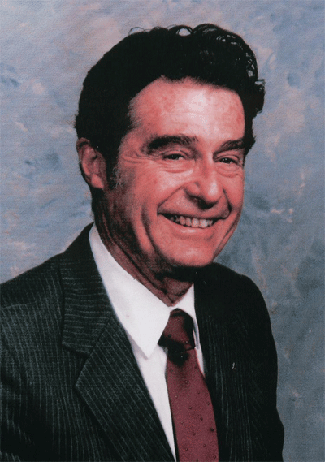 |
In Memoriam
Chambers was a national treasure
By Jeanette Steinert
 |
Dr. Randall Chambers |
Not too many people are lucky enough to know someone who could truly be called a national treasure. For a mere six years in conjunction with our Ad Astra Kansas work I was. Dr. Randall Chambers’ work as a NASA Chief Life Scientist from 1958 through 1974 was a cornerstone for the development of the U.S. Space Program.
From the void that was the human experience in space in the 1950s, he and his team of scientists were charged with creating that experience for the Mercury, Gemini and Apollo astronauts. Training them for what was then the unknown birthed a new area of science — human factors in space. In figuring out every variable of the physical, mental and psychological stress encountered by humans in space, he and other scientists went through the same bruising battery as their trainees would in gathering data that would be used to design the training program, as well as be used by engineers in designing the control panel, space suits and the capsule.
In 1988, he was appointed Distinguished Professor of Industrial Engineering at Wichita State University. In 1996, he became a Distinguished Professor Emeritus and continued to inspire and advise professors and students in the field of human factors psychology and engineering. Chambers was honored in May at the 2008 International Space Development Conference,the annual meeting for members of the National Space Society, in Washington D.C.
“He did so much with his life with his NASA work, the books he has written, the people he has taught and he was very well-liked,” says Candace Pankanin, NSS national vice-president of chapters.
Quiet, self-effacing, he had that still-water-runs-deep quality one often finds with great men. And he was always patient and generous in sharing his knowledge. In a last gesture of love for his work, shortly before his death last December Chambers donated his lifetime of research materials to NASA where it will be digitized for computer access. Then the original physical materials will be transferred to the National Archives. So, it appears much of his life will be preserved where national treasures are preserved.
Ad Astra, Randall Chambers. You are already there.
